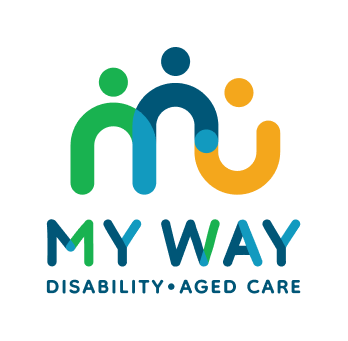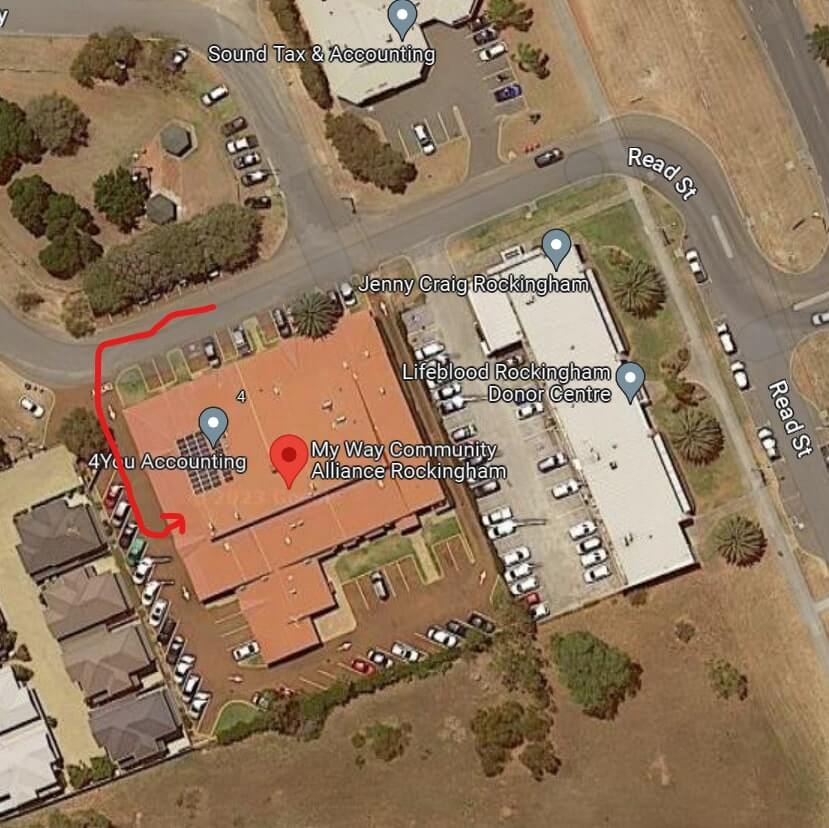If you’re part of our regional community, you’re likely familiar with the uphill battle of accessing NDIS support services.
We’ve just returned from MEEDAC Expo in Geraldton. It was an excellent opportunity to meet participants, families, providers, people looking for work, and government department staff. At the Expo, we had the chance to discuss the challenges and potential solutions for NDIS service access in regional areas. We heard many stories about what it is like to try to find available supports in that regional town.
We met a family with an NDIS-approved plan. They’ve had no PBS practitioner or access to well-set-up services for two years. They’ve been on waiting lists, only to discover that a therapist has moved on by the time their name comes up. It must be devastating to face that disappointment after such a long wait for help.
We heard variations of this story from so many different people. Support workers are hard to find. Parents are under pressure to provide full-time care for loved ones. This responsibility makes it difficult to have outside employment or be part of the community. Many families feel they must move to the city to access support services. Is yours a family facing this kind of decision?
We understand the heart-wrenching decisions you’re forced to make, especially when uprooting your life for better access to NDIS services. It’s a tough choice.
My Way Disability & Aged Care, a non-profit organisation dedicated to improving access to NDIS services, flies Therapists and Support Coordinators to Geraldton for one week every month. While that isn’t a perfect solution, it is an improvement. It gives people a chance to meet face-to-face, which is essential. Yes, follow-up Telehealth calls are valuable only after establishing a connection and trust. Setting up NDIS services and linking with therapists to commence therapeutic interventions, as well as sending reports to NDIS, are some of the key benefits a person with disability gains when working with an organisation like My Way.
While access to services is an issue, many people tell us that they struggle to apply for NDIS in the first place. This challenge makes sense. We hear city people experience difficulty accessing specialists and putting together all the reports needed to complete an NDIS Access Form. It would be so much more complicated if you were living in a regional town.
My Way Disability & Aged Care is acutely aware of these layers of challenge. We are actively working on ways to assist, such as providing regular face-to-face meetings with Therapists, Support Coordinators, or Recovery Coaches and advocating for improved NDIS access. We are particularly keen to improve access in the remote Aboriginal communities, where literacy skills are sometimes low and where completing NDIS access forms and providing all the necessary documents would be a challenge. We are keen to work alongside Aboriginal organisations and mainstream service providers to improve access to NDIS and deliver NDIS support services in the regions.




